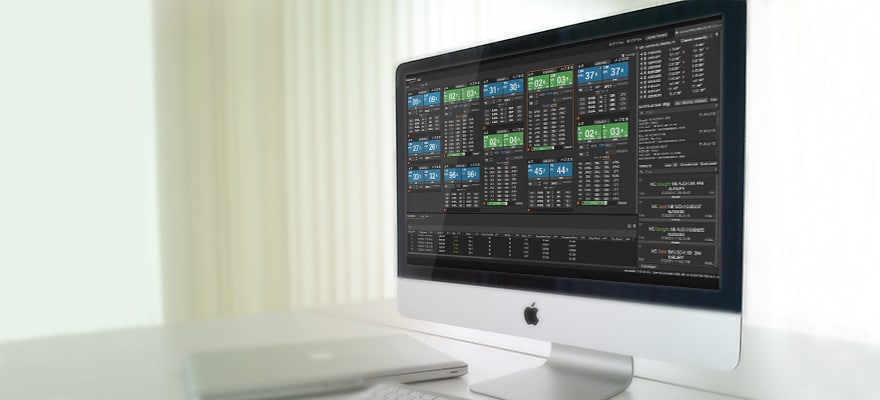FXSpotStream LLC, the aggregator service of LiquidityMatch LLC, today announced its latest volumes for the month ending February 2017, which took a step back, ultimately paring the last month’s gain, according to a FXSpotStream LLC statement.
During the month of February 2017, FXSpotStream reported an average daily volume (ADV) of $18.7 billion, which represented a move lower over a yearly timeframe, as volumes incurred a fall of -10.8 percent year-on-year from $20.9 billion back in February 2016. In addition, the latest figures, which encompass all of the group’s streaming and matching products, constitute a decline of -5.6 percent in terms of volumes from January 2017.
Indeed, February’s volumes are a ways off from the company’s peak of $22.3 billion set back in November 2016, which reflects a full -16.5 percent loss.
Despite securing a sizable drop in February 2017, FXSpotStream’s ADV saw a moderate pullback month-on-month after fell slightly by -0.8 percent from $18.8 billion back in January 2017.
February 2017 saw a total of 20 trading days, compared with 22 in the month prior. In terms of total volumes at FXSpotStream, February 2017 showed $374.2 billion, which was also lower by -9.9 percent month-on-month from $414.8 billion in January 2017.
A client to bank platform
FXSpotStream is a wholly owned subsidiary of LiquidityMatch LLC, and was created as a cost-effective platform, which is offered on a commission free model for buyside firms to tap pricing from banks using a multi-dealer aggregating platform.
The group started the streaming aggregation business in 2011 with just a spot FX API and 6 liquidity providers, but now utilizes liquidity from a total of twelve leading global banks – BofA Merrill Lynch, Bank of Tokyo-Mitsubishi UFJ, BNP Paribas, Citi, Commerzbank AG, Credit Suisse, Goldman Sachs, HSBC, J.P. Morgan, Morgan Stanley, Standard Chartered, and UBS.
FXSpotStream’s offering is a client to bank platform, with each liquidity taker required to create individual credit relationships with participating banks. This differs from other multi-dealer platforms such as FX ECNs like Hotspot and EBS Markets that operate with centralized order book systems for their participants.





Be First to Comment